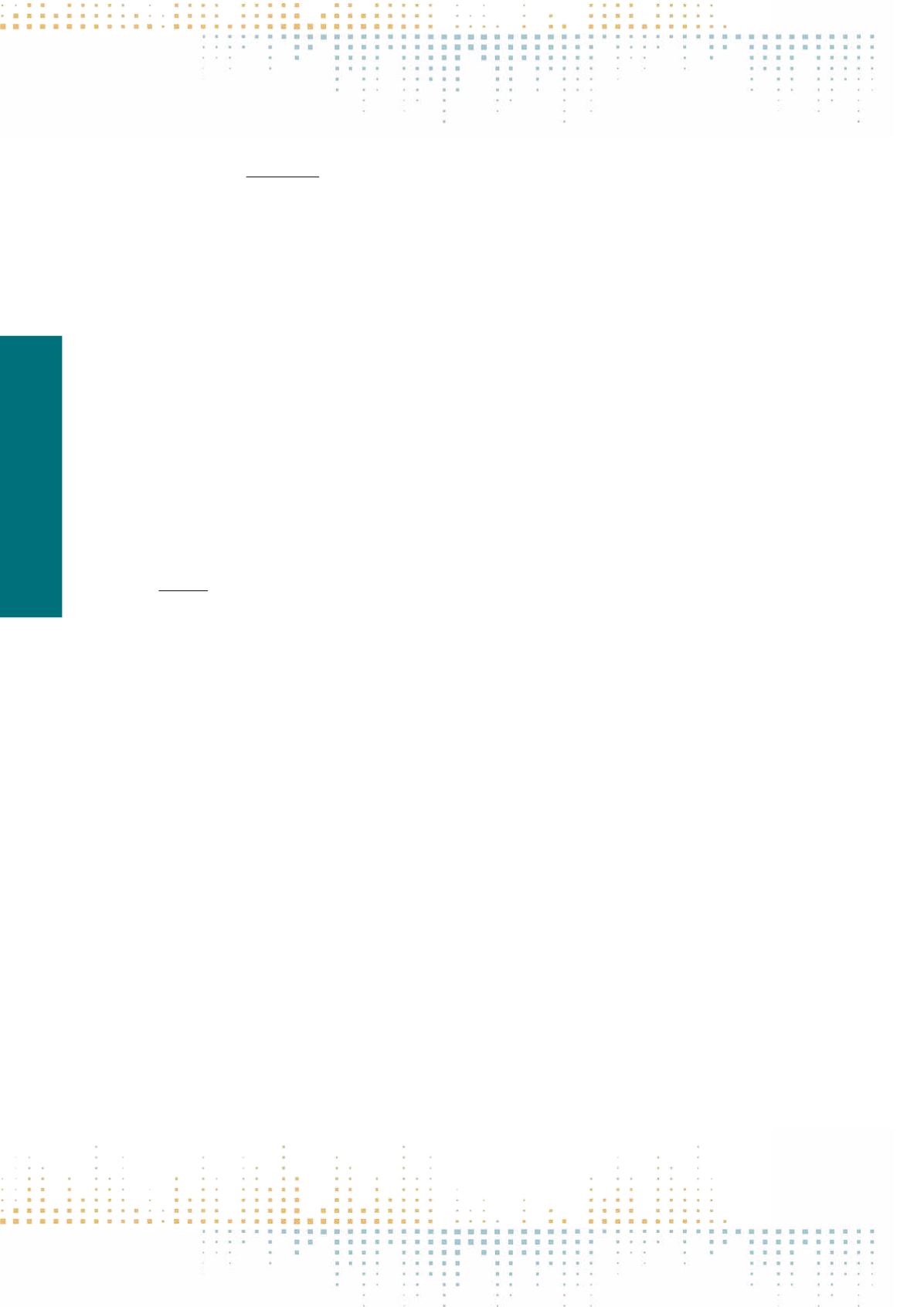

494
Friday, November 11
1 4 : 3 0 – 1 6 : 0 0
PS 107
News Consumption and Energy Technology Acceptance: The Media and the NIMBY
R. Zeh
1
, S. Merkle
1
, F. Pfaffenberger
1
, C. Adrian
1
1
FAU Erlangen-Nürnberg, Communication, Nuremberg, Germany
In the decision to fade out the use of nuclear energy while adhering to the reduction of carbon dioxide emissions, the German government took great risks.
No energy technology is currently available that would provide stable and continuous energy for Germany. Especially renewable energies, like solar and
wind energy, are highly dependent on weather conditions. Apart from the expansion of renewable energy production it is apparent that new technolo‑
gies for the storage and transportation of energy are needed. Yet the implementation of necessary technology is not always greeted with open arms by
the affected citizens. Although nobody would abstain from the supply of affordable electricity, not everybody likes to see powerlines or wind generators
near his backyard. This paradox is often described as the NIMBY (Not In My BackYard) problem of technology acceptance. Yet not always is this simplifica‑
tion of the technology acceptance problem justified. In the context of the implementation of energy technologies and infrastructure, issues of acceptance
among the citizens play a crucial role in the success of Germany’s energy policy. Apart from the development of suitable technologies, these technologies
have to be accepted by the affected citizens. The individual acceptance decision can be modelled through a technology acceptance model as found in
Siegrist et al. (2012). Basically, technology acceptance is a product of the perceived risks and the perceived usefulness of technology. Risks and benefits can
either be located on a societal or an individual level. Energy infrastructure often comes with societal and individual risks while there are little perceived
individual benefits. The technology acceptance literature still neglects the role of media in the acceptance process. We argue, that media plays a pivotal
role in the technology acceptance process providing the individual with information about individual and global risks and benefits of technology. Based on
a representative online survey of the German population this paper integrates media use in the technology acceptance model. Our data clearly shows that
the individual willingness to accept the implementation of energy-related technology in one’s own backyard is not only a product of perceived risks and
benefits but is also influenced by the individual pattern of news consumption. Furthermore, trust in media and political institutions is a key in the under‑
standing of technology acceptance, at least when we look at large-scale energy-related technology.
PS 108
“Does It Work?”vs. “ShouldWe Do That?”– Medical and Ethical Issues in Media Knowledge Transfer on Pharmacological Cognitive
Enhancement
M. Schäfer
1
, O. Quiring
1
1
Johannes Gutenberg-University Mainz, Department of Communication, Mainz, Germany
There is a broad consensus in communication science that media coverage can have an influence on the public understanding of technologies as well as on
attitudes and behaviour of its recipients (Donsbach, 1987). Pharmacological cognitive enhancement (PCE) is a neurotechnology which attracts increasing
public interest (Partridge et al., 2011). Though the use of prescription drugs to improve cognitive functioning in normal persons has been at first and
primarily discussed by bioethicists and neuroscientists, PCE meanwhile gets more and more media attention (Partridge et al., 2011). In science, PCE is still
a highly controversial issue. While enthusiasts claim that the consumption of prescription stimulants such as methylphenidate has many potential benefits
for people and knowledge society (Greely et al., 2008), critics point out its medical and ethical risks and potential negative consequences for human com‑
munity (Sahakian & Morein-Zamir, 2007). As most people are not (yet) affected by personal experience (Franke, Lieb & Hildt, 2012), it is very likely that
media representation of PCE will have a significant impact on how the technology is seen and evaluated by potential consumers as well as in the public
debate in general. Misleading enthusiastic or pessimistic media coverage might unrealistically raise expectations or fears about its future impact for good
and ill and advantage policies mistakenly developed to facilitate or prohibit its use. Despite its relevance, knowledge transfer on PCE is rather unexplored.
Until now, there is little empirical evidence on how PCE is reported by the mass media (Partridge et al., 2011). There are no studies on the factors behind
this coverage. And there is no data on how this coverage is perceived by recipients and what influence it actually has on consumers and non-consumers
attitudes, decisions and behaviour. Using the example of Germany, the present study asks a) how PCE is reported, b) what professional and personal reasons
there are for journalists to report about PCE (in a certain way) and c) how this coverage is perceived by consumers and non-consumers. It addresses those
questions a) by analysing the entire coverage of PCE in 23 major daily newspapers, weekly magazines and science focused magazines from 2004 to 2014
with the help of a quantitative content analysis (n=280), b) by conducting qualitative interviews with journalists who recently reported about PCE (n=30)
and c) by conducting qualitative interviews with consumers (n=30) and non-consumers (n=30) of PCE. The results show that media coverage mainly
focuses on medical issues of PCE. While prevalence, effects and side-effects are discussed in a majority of the articles, only one third refer to ethical aspects.
Fittingly, most journalists personally refuse PCE mainly not because of ethical issues but because of its unknown medical effects and potential risks. Terms
like “braindoping” are not used as ethical judgement, but primarily as a professional mean of linguistic simplification. Although there is evidence that
recipients get and use information on PCE frommass media reporting, consumers seem to be more influenced by their social environment, specialized web
pages and blogs on PCE.



















